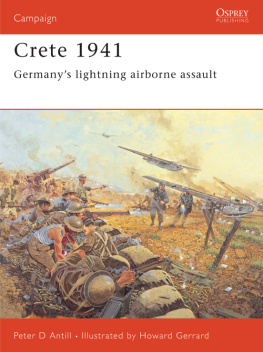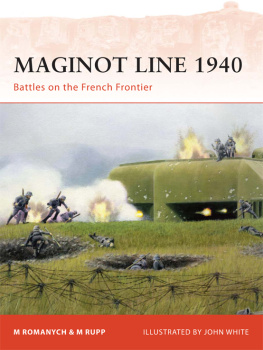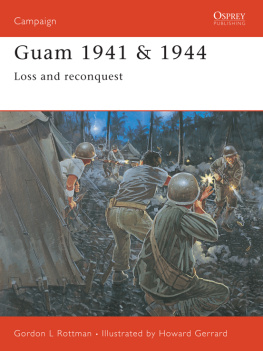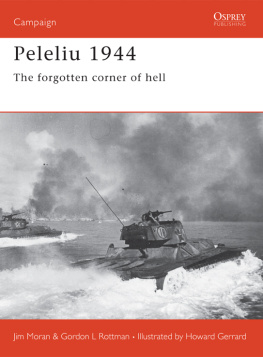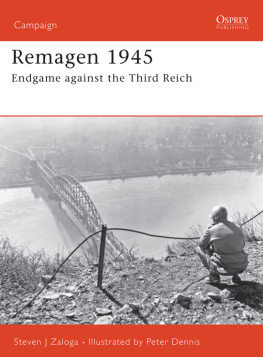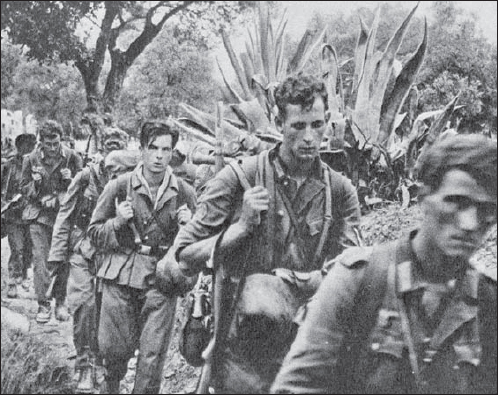Campaign 147
Crete 1941
Germanys lightning airborne assault
Peter D Antill Illustrated by Howard Gerrard
Series editor Lee Johnson Consultant editor David G Chandler
CONTENTS
Queuing for food (as evidenced by the mess tins held by the soldier in the foreground) at a mess arranged for the Signals Section of the New Zealand Divisional Headquarters, located somewhere near Hania, soon after their arrival on Crete in May 1941. (Alexander Turnbull Library, DA-13085)
Corporal Cook (who has the pipe) along with other members of New Zealand 1st Machine Gun Company soon after their arrival on the island in early May 1941 photographed by H.R. Hall. (Alexander Turnbull Library, DA-14274)
INTRODUCTION
T he German invasion of Crete in May 1941 stands as a landmark in the history of airborne warfare. Until that point, airborne operations had been used mainly in a tactical and operational context to seize key objectives in advance of the ground forces, such as the seizure on 26 April 1941 during the Balkan campaign of the bridge over the Corinth Canal, and the seizure of the Belgium fortress of Eban Emael on the 11 May 1940. The German invasion of Crete, codenamed Operation Merkur, or Mercury, after the Roman god of communication, travel and theft the counterpart of Hermes, the messenger of the gods in Greek mythology remains the only operation in history in which a major strategic objective was assaulted and secured exclusively by airborne troops. The operation was the brainchild of Generalmajor Kurt Student, the commander and dedicated champion of the airborne forces (the Fallschirmjger), who firmly believed that the paratroopers were capable of operating in their own right and not merely as a tool to support the Wehrmacht.
The immediate background to Operation Mercury lies in the events in Europe, and particularly the Balkans, during 1940 and 1941. With the postponement of Operation Seelwe (Sealion), the planned invasion of Britain, Hitler decided to opt for a peripheral strategy as recommended by others in the Nazi hierarchy such as Reichsmarschall Hermann Gring and Grossadmiral Erich Raeder. The aim was to bring Britain to the negotiating table before American assistance could prove effective, or the Soviet Union decided to enter the war on the Allied side. Even the army considered a Mediterranean strategy with the Chief of Staff, General Franz Halder discussing options with General Walter von Brauchitsch, in case Seelwe proved impossible. In October 1940, Hitler attempted to cement a Mediterranean coalition by travelling on his personal train to visit General Franco, Spains Nationalist dictator, at Hendaye and Marshal Ptain, President of Vichy France the only time Hitler left his headquarters for anybody other than Il Duce, a sign that he attached a great deal of importance to the plan. Neither meeting was entirely successful Hitlers meeting with Franco drawing a comment from Hitler that he would rather have several teeth removed as both leaders were wary of losing colonial territory in order to persuade the other to join the Axis cause. These diplomatic efforts were designed to allow the Wehrmacht to conduct an assault on Gibraltar (Operation Felix), then deploy reinforcements to aid the Italian forces in Libya (an offer made personally to Mussolini) enabling Axis forces to drive for the Suez Canal.
Hitler had in fact vetoed earlier Italian designs on Yugoslavia as it was tied economically to the Reich, and he wanted to keep the Balkans relatively stable. He had intervened in a dispute between Hungary and Romania over the region of Transylvania, as Germany depended upon Romanian oil exports, and while he had allowed the transfer of some territory to Hungary (Hitler also settled the Bulgarian claim for Southern Dobrudja), he had guaranteed the remainder of Romania and sent a large military training mission to the country. This upset the Soviets who had seen that part of the Balkans as traditionally in their sphere of influence, indeed they had annexed part of Romania Bessarabia and Bukovina during the Battle for France. Despite German diplomatic assurances, the Soviets accused them of breaching Article III of the Non-Aggression Pact that called for joint consultation.
Having established some form of stability in the Balkans, the Fhrer strongly recommended to the Italians that the status quo be maintained for the time being. Hitler was anxious that war with the Soviet Union be initiated under circumstances of his own choosing, not as a result of some crisis in the Balkans. This immensely annoyed Mussolini who was afraid that the war might end before the Italian Armed Forces could demonstrate their military prowess to the world. Greece seemed to be the exception to the Balkan rule, as it was technically part of the Mediterranean theatre and could serve as a strategic outpost to support the Italian drive against Egypt and the Suez Canal. Indeed, Hitler had tried to interest Mussolini in both Greece and Crete as early as July 1940. Both OKH (the Army High Command) and OKW (the High Command of the Armed Forces) had considered plans for a joint ItalianGerman offensive in the Mediterranean and concluded that an attack on Greece would be an essential part of any campaign. Such an attack would take place after the Italian capture of Mersa Matruh, giving the Axis airfields in North Africa from which to provide air support for a drive on Suez and an airborne invasion of Crete. Although the Greek leader, General Metaxas, maintained a neutral position, Greece was bound strategically and economically to Britain, and the Greek royal family had strong British connections. Occupying mainland Greece and Crete would pre-empt a British move into Greece that would directly threaten Italy, provide an additional base for operations against the Italian advance in North Africa and threaten the Romanian oil fields. Therefore an Italian attack on Greece suited Hitlers overall plans, and he may have even given Mussolini a green light when the two met at the Brenner Pass on 4 October.
The Italian intelligence assessment of the Greek Armed Forces was unflattering at best, and therefore an easy victory was confidently predicted. British intervention would be forestalled by Marshal Graziani simultaneously launching the second stage of his North African offensive against Mersa Matruh. Mussolini launched his attack on 28 October after issuing an ultimatum to the Greeks. Unfortunately he had ignored warnings that the Italian forces in Albania were completely unprepared to conduct an autumn campaign and had not even been assigned engineers. The lack of a clear and sensible strategy such as driving directly on the vital port of Salonika instead of pushing across the mountain range of the Epirus exasperated Hitler almost as much as the campaigns utterly inefficient and uncoordinated execution. He later stated that he had counselled against undertaking the expedition at that point. The Italian campaign in Greece quickly ground to a complete halt and the Greeks then launched a counter-offensive that drove the Italians out of their country and threatened Albania itself. The Italian position in the eastern Mediterranean then started to completely unravel. First the British damaged half of the Italian battle fleet in a daring raid on the port of Taranto on 11 November, then they intervened in Greece by sending RAF squadrons there and a battalion of infantry to Crete to secure Souda Bay. The latter move allowed the Greeks to transfer the Cretan V Division to the mainland. In a final blow the British took the initiative in the desert war after Marshal Graziani had stopped at Sidi Barrani to reorganise his supply lines. The British attack completely defeated the Italian force of ten divisions in Libya and threatened the entire Italian position in North Africa.
Next page
